Hyundai Kona N to ditch petrol for electric power
This compact performance SUV has been a hit with local buyers, but there are no plans to bring it back in its current form.
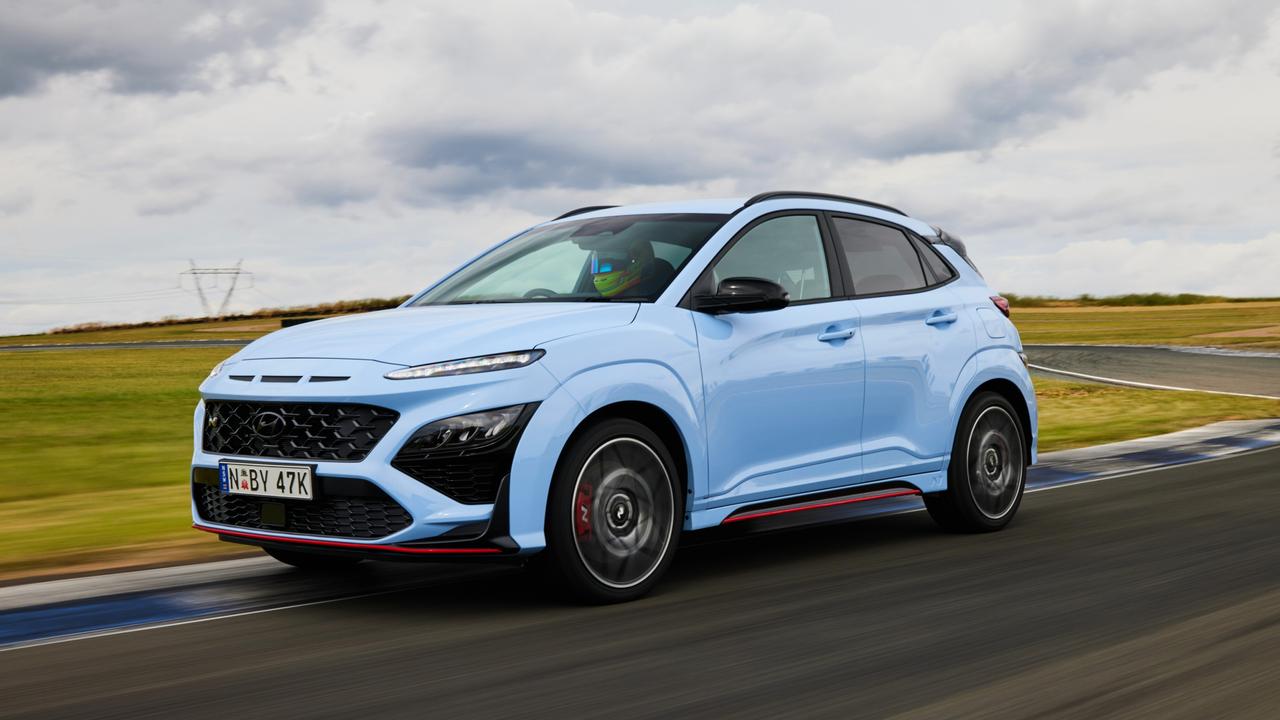
Hyundai has no plans to develop a replacement for the sporty turbo 2.0-litre N version of the Kona SUV that’s popular in Australia.
That doesn’t mean a sports version of the model is off the table – it just means any potential new model will be an electric vehicle.
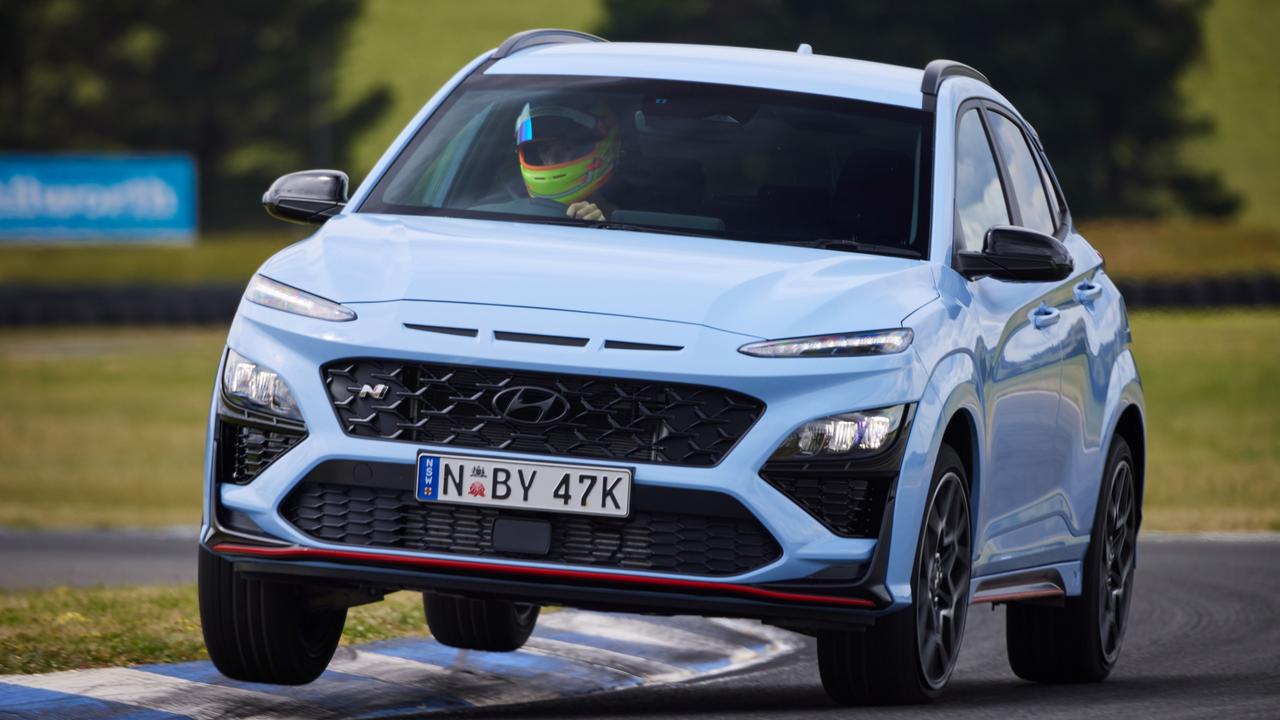
Hyundai says it hasn’t yet decided whether to produce a successor to the N.
“We will see how the market moves,” says compact vehicle management group executive Se Hyuk Park.
But another powerful petrol-burning turbo engine, as in the current Kona N, isn’t even being considered, he says.
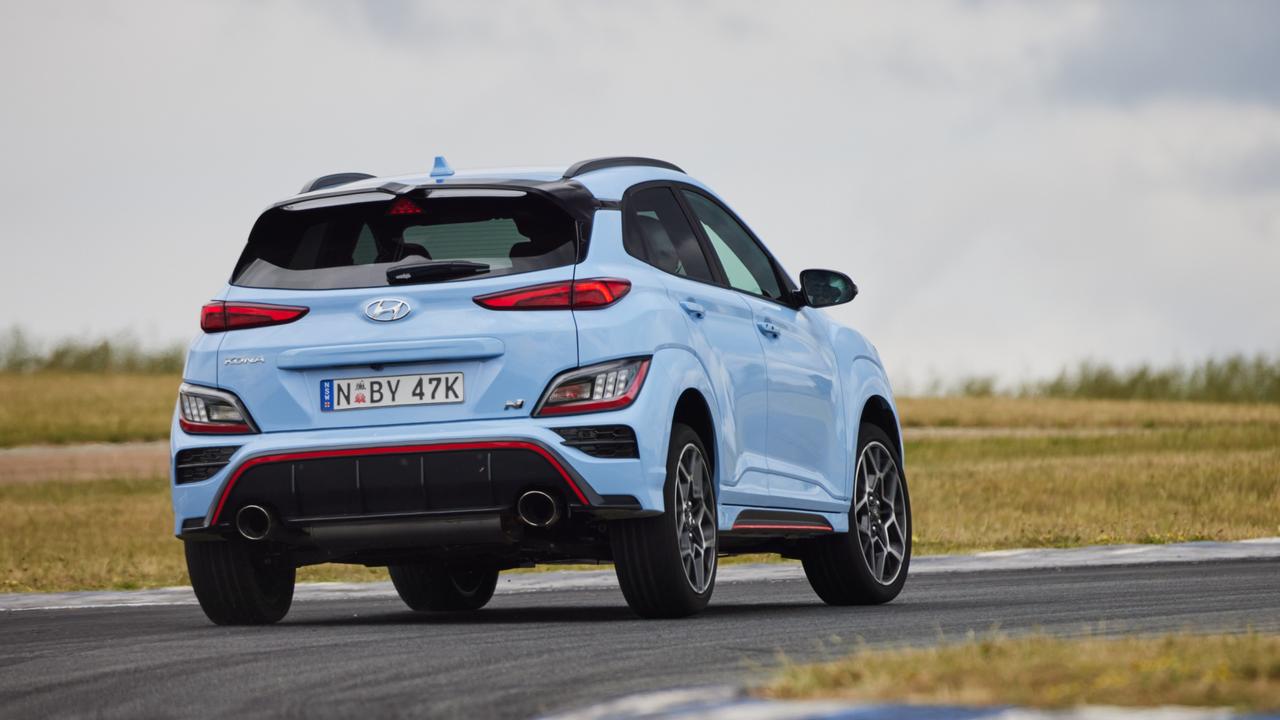
“If we have to work on the high-performance vehicle for Kona, that could be electric, definitely.”
Could be, or would be? Asked if any future Kona N would be an EV, Park’s answer is
simple: “Right.”
And it turns out that Hyundai has already given some thought to the Kona N replacement question. Adding a second electric motor to the single-motor Kona EV is the preferred solution.
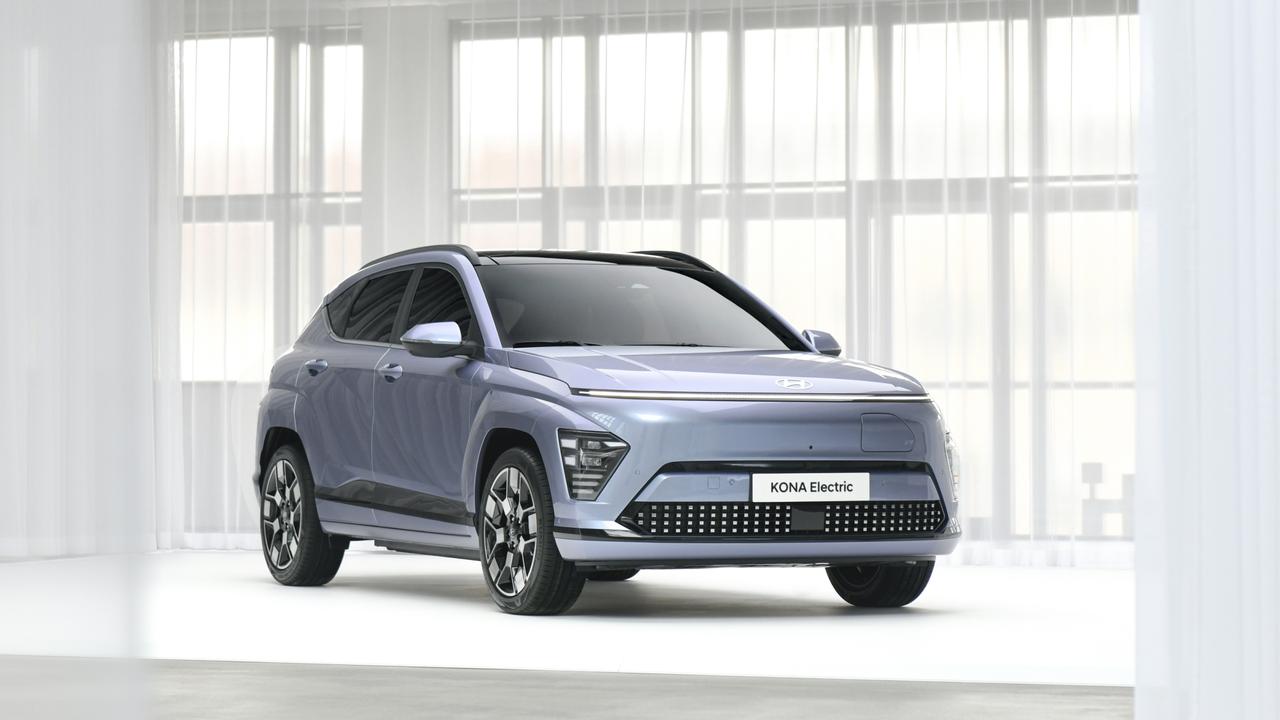
“If the customer expectation is getting higher then we are very capable of doing the rear-wheel motor in future,” says Park.
“We already have that solution, but not for Kona right now.”
A Kona N with two electric motors delivering all-wheel drive would be much quicker
than the current turbo 2.0-litre four-powered front-driver. More power and better
traction always add up to snappier acceleration and these are exactly what a dual-
motor Kona N EV would deliver.
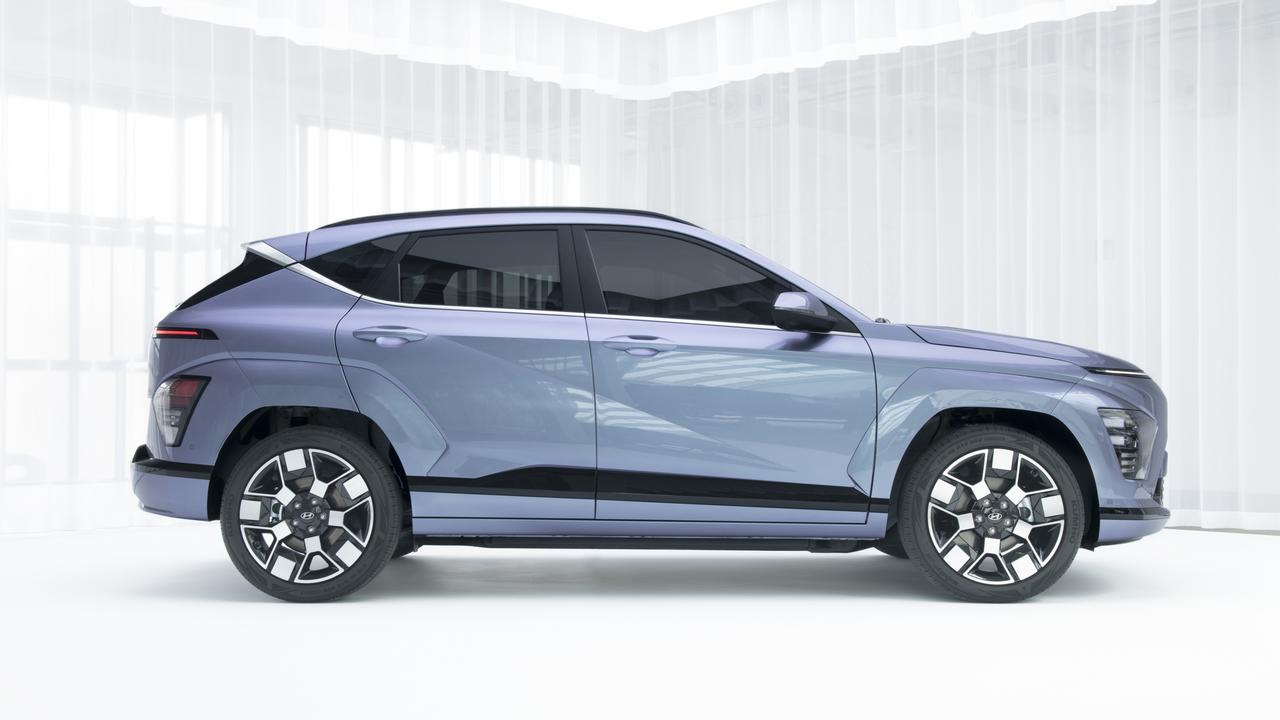
Hyundai believes the pace of electrification, globally, is likely to increase rapidly. The
petrol and hybrid versions of the new Kona will be the strongest sellers at launch but
this isn’t likely be the case at the end of its production life.
“EV is growing so fast,” says head of Hyundai’s EV strategy division Sang Hyeon
Park.
“Our expectation is that much more the priority goes to the EV.”
Does he think the Kona EV will be the best-selling version of the small SUV five
years from now?
“I believe so,” he says.
In this context, a battery-powered Kona N makes a lot of sense.



